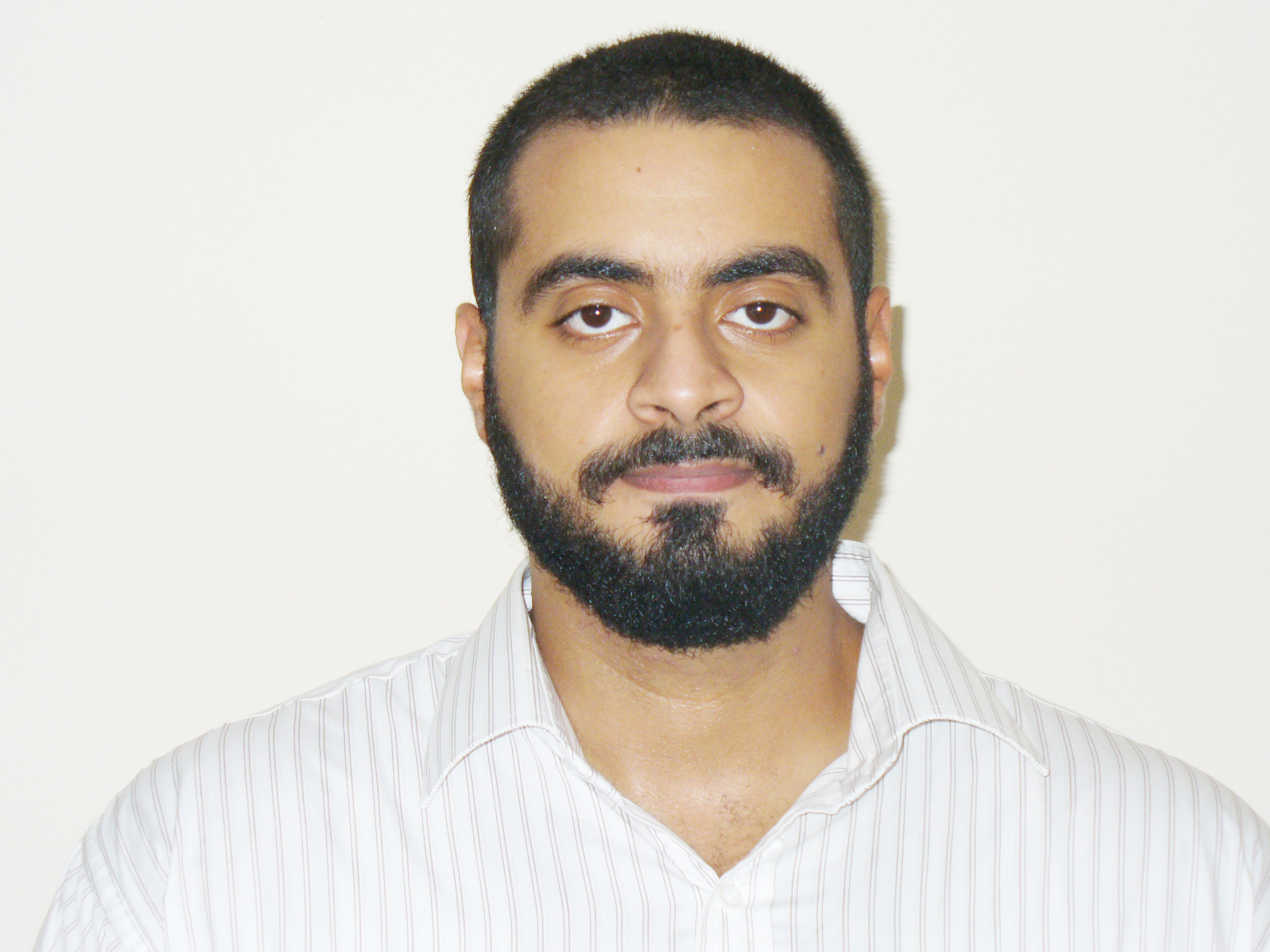“In the name of those who unjustly died in defence of an idea and in pursuit of a dream”
Four years have passed since 19 November 2011 when the events of Mohamed Mahmoud Street in downtown Cairo broke out. Perhaps it is too late to wallow in the futility of nostalgia or to merely mourn those who deserve a lot more than condolences and commemorator. Perhaps it is foolish to cling to a specific point in history and allow that which should transcend to endure. Perhaps it is childish and immature to allow political perceptions to be shaped by emotional sentiments. But in remembering the events of Mohamed Mahmoud, we must understand that the matter is not one of mere nostalgia or emotional alignment. The events of Mohamed Mahmoud were the perfect materialisation of what the 25 January Revolution truly stood for and genuinely preached; change from below.
To date, many people view the Mohamed Mahmoud events as an elaborate conspiracy to spread chaos and bring down the state through attacking the ministry of interior. The very people who preach the seventh generation warfare propaganda, and who firmly believe that 25 January was a foreign-funded conspiracy that targeted Egypt’s unity and prosperity, usually adopt such views. Although these views have been recurrently voiced out through the course of the past four years, and are of course becoming extremely popular nowadays, they actually reflect sheer ignorance of the origins of the January revolution and of the different proceedings that occurred in the events of Mohamed Mahmoud.
Those who choose to believe that 25 January was an elaborate conspiracy or a sudden event, willingly or unknowingly ignore a historic build-up represented in a diligent struggle for democracy during Mubarak’s last decade in office. The people who participated in demonstrations and protests related to the popular campaign for the support of the Intifada, the Iraq war, the Kefaya movement, the 6 April movement, the popular campaign for supporting Al-Baradei and the “we are all Khaled Saeed” movement; those were the very same people who took to the streets on 25 January, give or take a few. There were of course other factors that played a part in mobilising people for 25 January like the Tunisian revolution and the 2010 parliamentary elections, but to assume that 25 January was an instantaneous event inspired by a conspiracy is really an argument that’s not even worth refuting.
On the other hand, summarising the events of Mohamed Mahmoud in the clashes that took place between the protesters and the security forces is both unfair and short-sighted. Other than the fact that most of these clashes were a form of defensive response from the protesters to violent aggressions by security forces, ones that resulted in the death of many protesters, these clashes represented a profound cause that should neither be lost nor forgotten in historicising the events of Mohamed Mahmoud. What Mohamed Mahmoud represented was an attempt to pursue an incomplete revolution, a persistent will for a genuine regime change, an overarching patriotic sentiment that rejected half measures and denied political compensations and a binding commitment to the democratisation and transparency of this country. The cause that stood behind the events of Mohamed Mahmoud was one against cruel injustice, against replacing a dictatorship for another, against substituting vulgar tyranny with pseudo-nationalist propaganda and against using majoritarian tools of democracy in the absence of its basic prerequisites.
Honouring everything that the Mohamed Mahmoud events stood for and represented requires a lot more than remembrance and nostalgia. If we are looking to make sure that the lives lost were not lost in vain, then what we need to do is make sure that the cause, the ideas and the vision that the events of Mohamed Mahmoud inspired remains alive.

